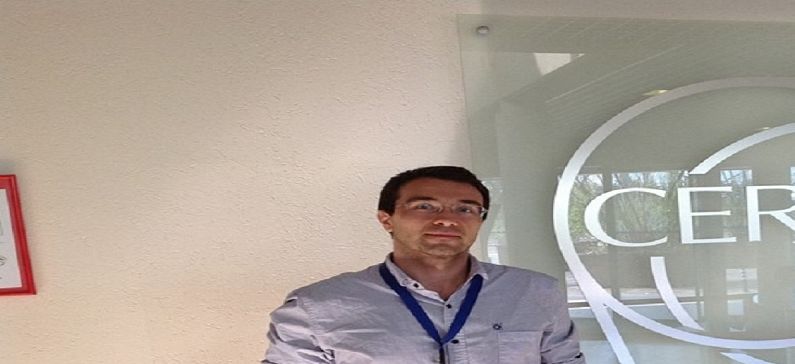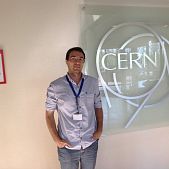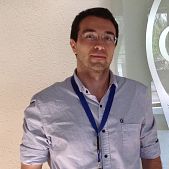
His research focuses on issues of international finance
Konstantinos Arkolakis is Associate Professor of Economics at Yale University. His research focuses on issues of international finance and spatial economics — the study of how space and frictions of movement affect economic activity and welfare.
More specifically, his work and research has led to the emergence of a unified model for in-depth understanding of the importance of international trade for economic prosperity. This framework also created a set of mathematical tools for analysis and extracting results. He later expanded his research towards the area of the space of a city and into how topography affects economic activity. Through a series of fundamental discoveries, and using detailed data on economic activity within economic space, this research made it possible to analyze and quantify the importance of infrastructure projects with a view for economic development.
He is one of the five Greek scientists excelled abroad who were awarded with the 2017 Bodossaki Science Awards for their performance and contribution to the scientific fields of science, life sciences, applied sciences and social sciences. The awards were given by the President of the Republic, Prokopios Pavlopoulos, at a special ceremony held at the Zappeion Mansion. “I grew up admiring Greek scholars who won the Bodossaki Prize, so this is very meaningful to me,” Dr Arkolakis said.
In his speech at the award ceremony, he referred to this unified model for spatial economics, pointing out that economic activity in a city depends on the proximity to cities with increased activity – so the difference in economic activity is due to the cost of trade grows as the distance increases. In his research, K. Arkolakis and his team used the model with real data. As he pointed out, this model even allows the analysis of historical data to assess migration and development. In this context, they used historical data to understand the history of immigration in America.
He has also worked on how spatial economics can contribute to the understanding of the Greek crisis. Referring to the application of his research in Greece, he pointed out that this research could be done in Greece, saying: “The necessary data are available in the statistical service. Researchers must be organized and the research must be supported”.
Konstantinos Arkolakis was born in 1979 in Aigaleo, Athens. He grew up in Athens and Crete, and he returns to Greece often. He is particularly attached to Crete, where his family has roots.
“We’re from a small and remote village in the hills,” he said. “It is a very beautiful place, but it is also surprisingly diverse. People have moved there from all over the world, including the United Kingdom, Canada, United States, the Middle East, and Russia.
“It’s very peaceful there. There is a beach nearby. People are very open-minded about immigrants. It gives me pause when I think about the ongoing discussions about closed borders in the United States and Europe,” he said.
He pays close attention to current events in Greece, which has struggled to overcome a government-debt crisis. Arkolakis said Greece must commit to reforming its pension system, modernizing its educational system, and becoming an export-oriented economy.
“I really hope that the government and the Greek people will have the courage to make these reforms because, if they don’t, they may suffer very bad consequences,” he said. “I’m not yet optimistic, but I hope we get there.”
He studied at the Military School of Corps Officers (SSA) and at the same time in the Financial Department of the Aristotle University of Thessaloniki. He received his Master and PhD in Economics from the University of Minnesota. He joined the department of Economics at Yale University at 2007 and became an Associate Professor in 2013.
He has been awarded two National Science Foundation grants including an NSF CAREER grant and published in a variety of journals (including the Journal of Political Economy, American Economic Review, Quarterly Journal of Economics). He is a co-editor of Economic Theory and the Journal of International Economics.










